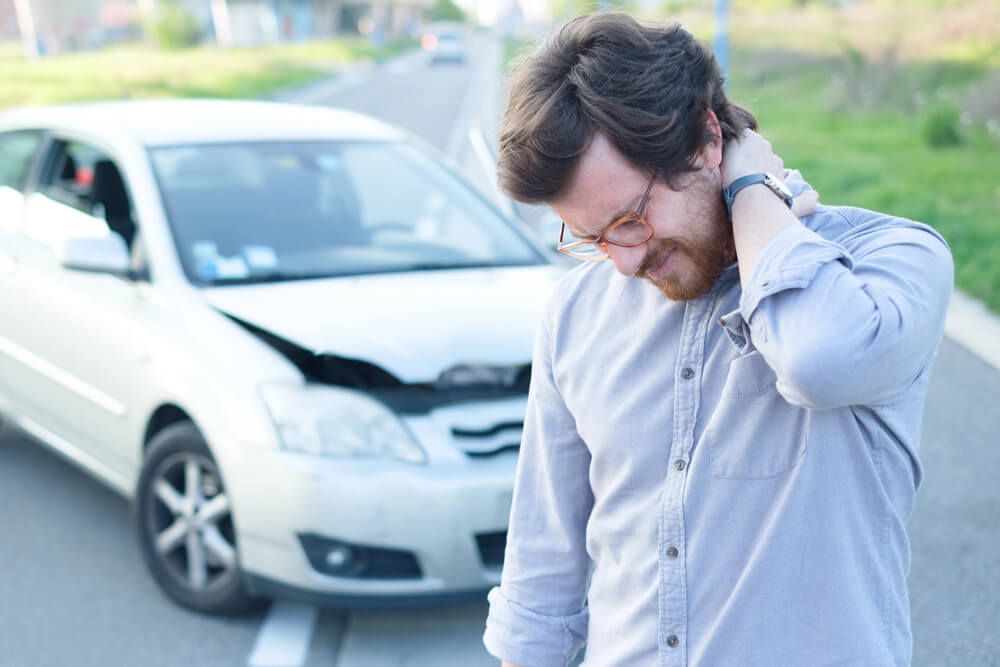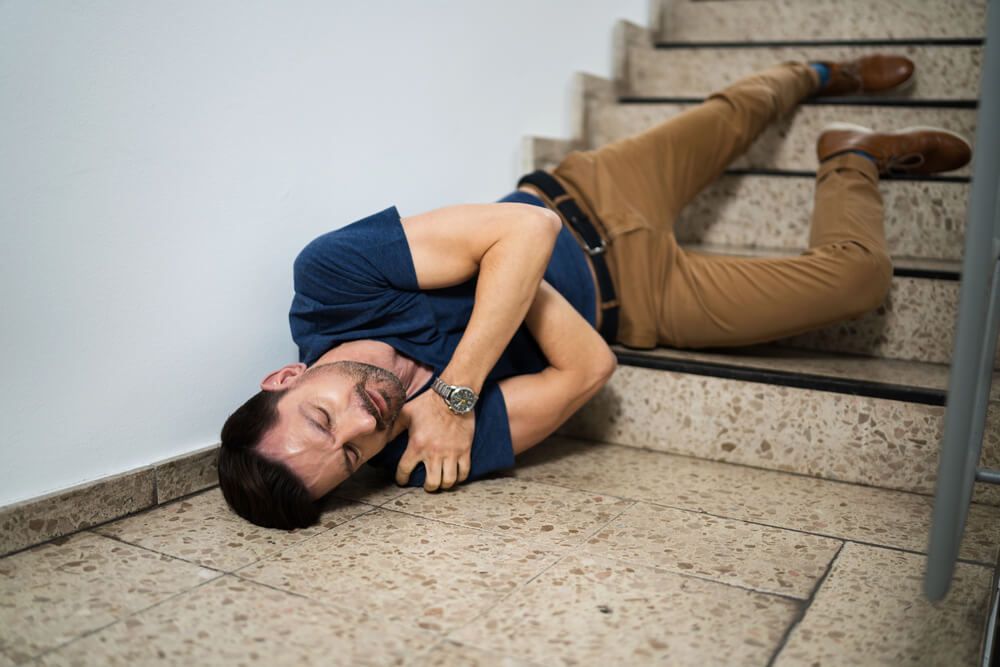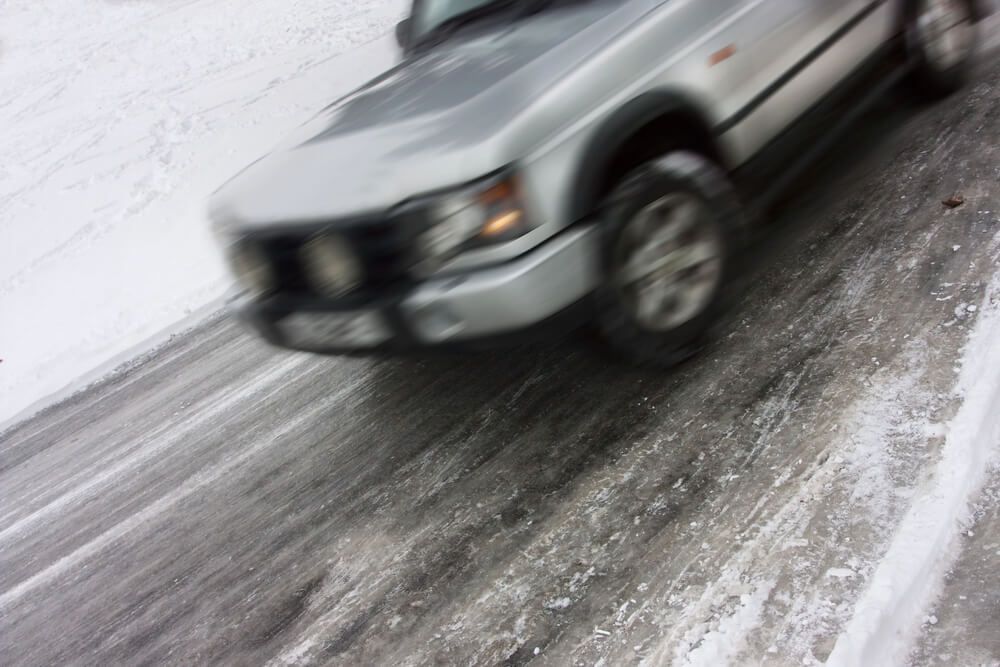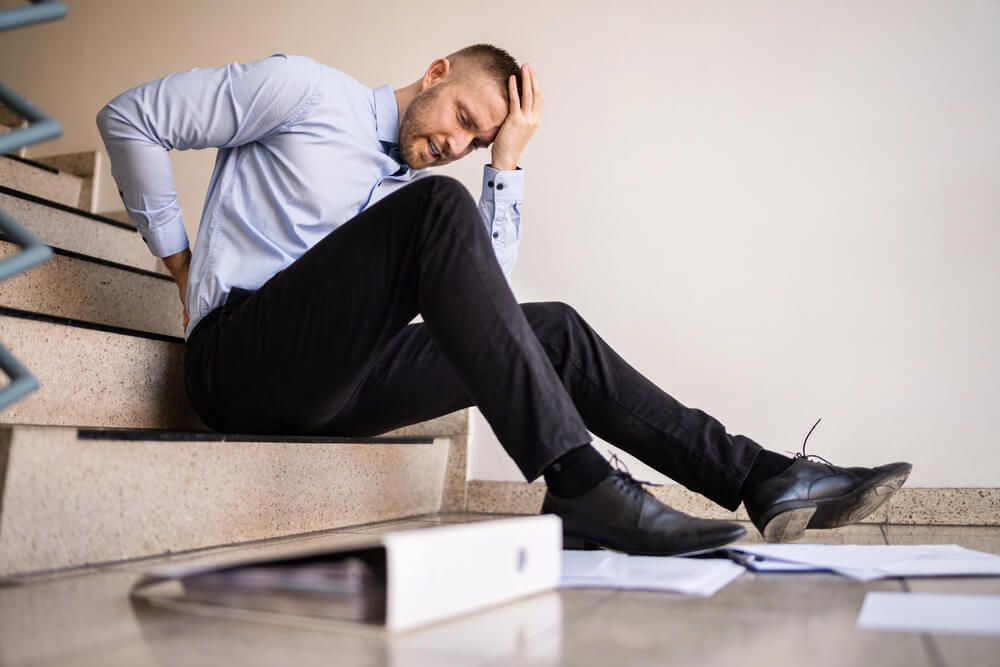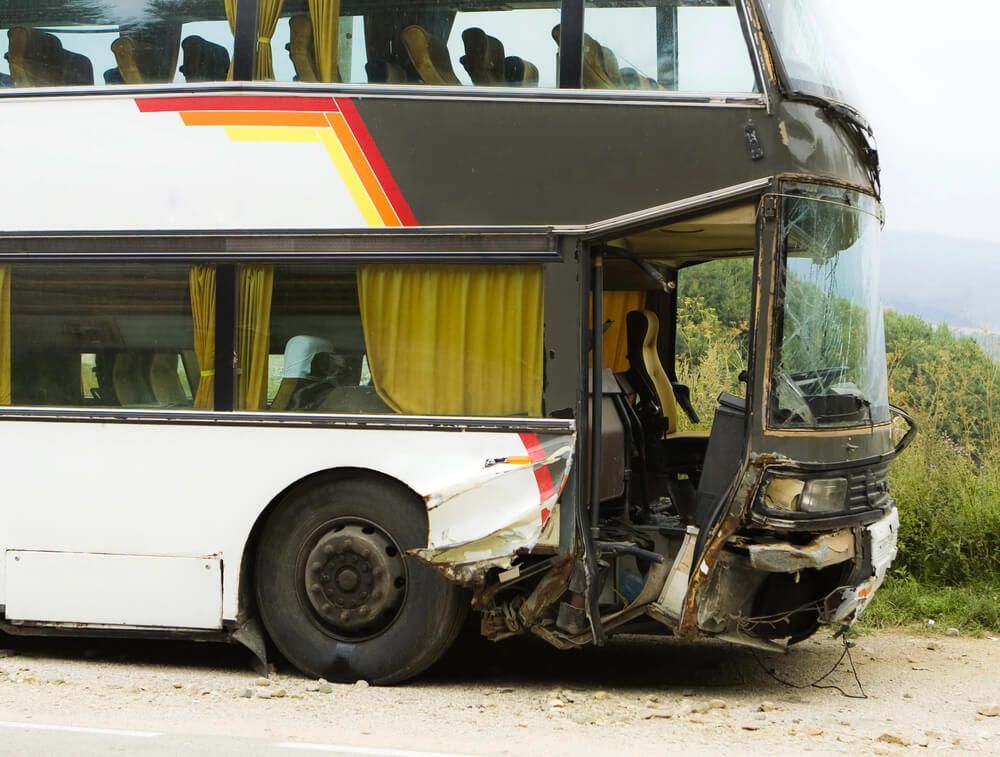Quick Guide To Colorado Slip and Fall Laws
Recent Blog Posts
Quick Guide To Colorado Slip and Fall Laws
Slip and fall accidents can lead to serious injuries, leaving victims with medical bills, lost wages and other damages. Here’s a guide to help you understand Colorado slip and fall law, as well as the Colorado statutes of limitations and deadlines for filing a claim.
An Overview of Colorado Slip and Fall Law
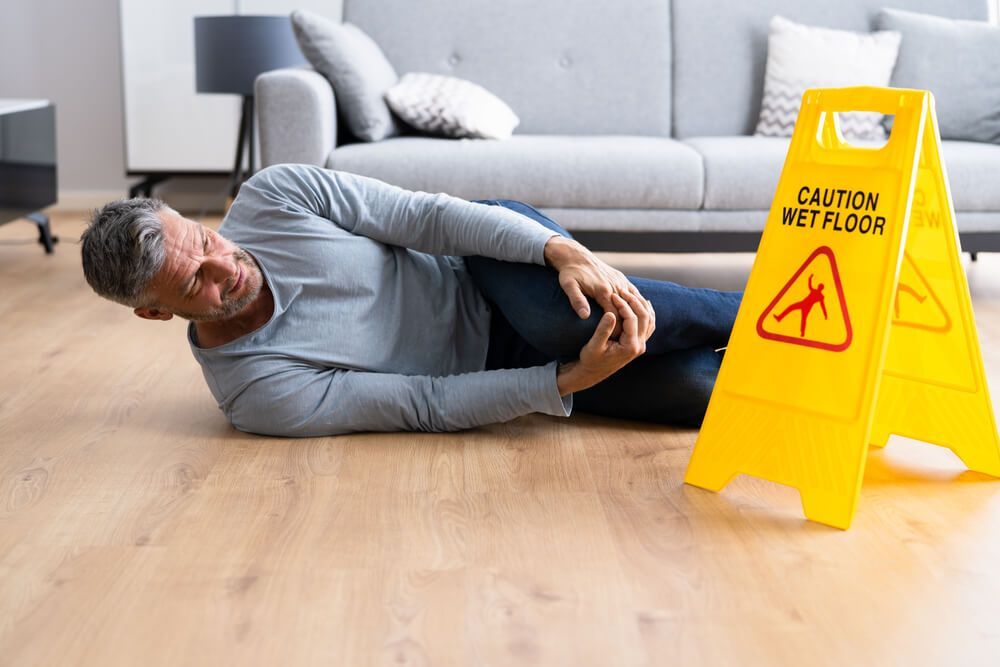
In Colorado, a slip-and-fall accident occurs when a person slips, trips or falls due to a hazardous condition on someone else’s property. These incidents can happen in various settings, such as grocery stores, sidewalks, restaurants, private homes or public buildings.
Common causes of slip and fall accidents include wet or slippery floors, uneven surfaces, poor lighting, loose rugs or carpets, icy walkways and debris or obstacles that create tripping hazards. For a slip and fall accident to be legally actionable, the property owner or manager must have been negligent in maintaining safe conditions or in warning visitors of known dangers.
It’s important to note that not every fall on someone else’s property automatically qualifies as a slip and fall claim. Colorado law requires that the hazard be unreasonably dangerous and not an obvious or expected condition that a reasonable person would avoid.
Property owners in Colorado owe different levels of care depending on whether the injured party was an invitee (such as a customer), a licensee (such as a social guest), or a trespasser. Generally, property owners have the highest duty of care to invitees.
What is the Statute of Limitations for Slip and Fall in Colorado?
The statute of limitations is a legal time frame within which you must file a lawsuit. Under Colorado slip and fall law, victims typically have two years from the date of the accident to file a personal injury lawsuit. Failing to file within this period can result in losing your right to seek compensation. It’s important to act quickly to protect your ability to collect compensation.
How Long Do I Have to File a Personal Injury Lawsuit in Colorado?
The deadline to file a personal injury lawsuit in Colorado, including slip and fall cases, is typically two years from the date of the incident. However, there are exceptions that can extend or shorten this period, depending on the circumstances. For example, if a government entity is involved, you may need to file a notice of claim within 180 days of the accident. Consulting with a personal injury lawyer can help clarify the specific deadlines that apply to your case.
What is the Colorado Statute of Limitations for Property Damage?
If your slip and fall accident also resulted in damage to personal property, you may be entitled to compensation. In Colorado, the statute of limitations for property damage claims is two years. Whether it’s damaged clothing, electronics or other personal items, documenting and valuing these losses is essential for your claim.
What Crimes Have No Statute of Limitations in Colorado?
While most civil claims, such as those involving slip and fall accidents, have a statute of limitations, some crimes in Colorado have no time limits for prosecution. These include serious offenses like murder and treason.
Understanding Liability in Colorado Slip and Fall Cases
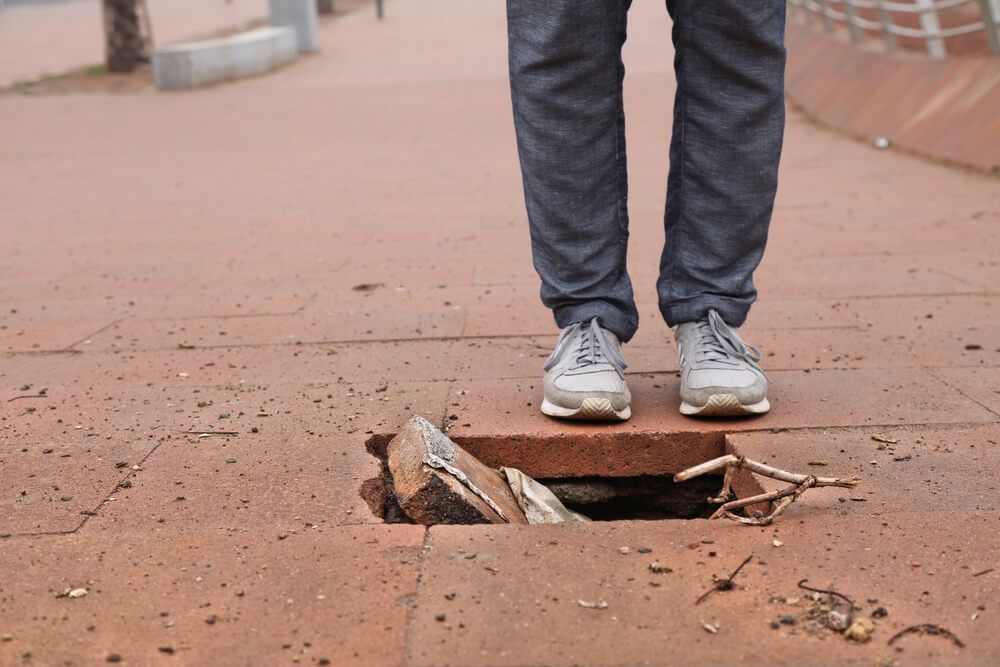
Determining liability is an important component of Colorado slip and fall law. Property owners and managers have a legal duty to maintain safe conditions for visitors. If you suffer an injury because of a dangerous condition, such as a wet floor, uneven pavement or inadequate lighting, the property owner may be liable. To succeed in your claim, you must prove that the owner knew or should have known about the hazard and failed to take appropriate action.
Common Defenses in Slip and Fall Cases
Property owners may raise several defenses against slip and fall claims. Common defenses include arguing that the hazard was obvious, the victim was trespassing, or the victim’s own negligence contributed to the accident.
Colorado follows a modified comparative negligence rule, meaning if you are more than 50% at fault, you cannot recover damages. However, if you are less than 50% at fault, your compensation will be reduced proportionally to your degree of fault.
Steps to Take After a Slip and Fall Accident in Colorado
If you’ve been injured in a slip-and-fall accident, taking immediate action can strengthen your case. Here are some steps to follow:
- Seek Medical Attention: Your health is the top priority. Obtain medical care and document your injuries.
- Report the Accident: Notify the property owner or manager about the incident and request a written report.
- Gather Evidence: Take photos of the accident scene, including any hazards that contributed to your fall. Collect contact information from witnesses.
- Keep Records: Save medical bills, receipts, and any other documentation related to your injuries and expenses.
- Consult a Personal Injury Lawyer: An experienced attorney can help you understand Colorado slip and fall law, negotiate with insurers, and represent your interests in court if necessary.
Early action is key to building a strong slip-and-fall case. Gathering evidence promptly, such as photographs of the accident scene, witness statements and documentation of your injuries, can significantly strengthen your claim.
Reporting the incident to the property owner or manager immediately helps create an official record, which can be crucial in proving your case later. Additionally, seeking medical attention right away not only ensures your health and well-being but also provides medical records that link your injuries directly to the accident.
By taking the right steps at the right time, you can increase your chances of getting a favorable outcome and securing the compensation you deserve.
We Can Help You With Colorado Slip and Fall Law
If you have suffered personal injuries from a slip and fall accident, you deserve fair compensation. With our experience in Colorado slip and fall law, the Phoenix injury attorneys at Sargon Law Group can help you seek the compensation you need. Contact us today for a free consultation so we can evaluate your case and advise you on the best course of legal action.
